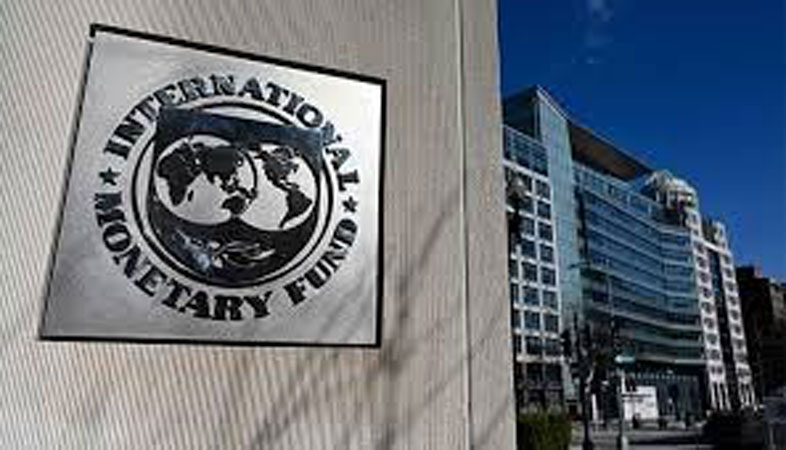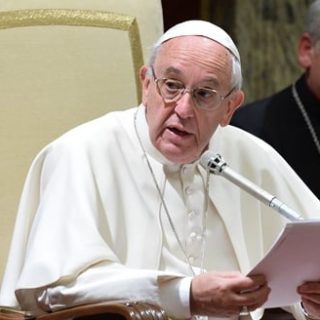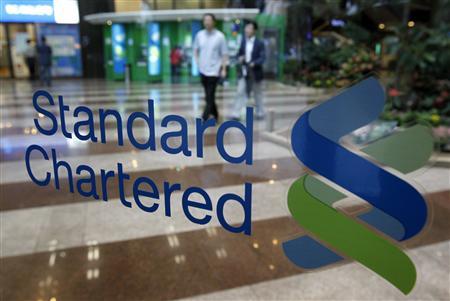
IMF lauds Pakistan’s economic efforts, says finmin ahead of review
”
 Finance Minister Muhammad Aurangzeb on Wednesday said the government received “very positive” feedback from the International Monetary Fund (IMF) on the country’s macroeconomic stability and reform efforts.
Finance Minister Muhammad Aurangzeb on Wednesday said the government received “very positive” feedback from the International Monetary Fund (IMF) on the country’s macroeconomic stability and reform efforts.
In a virtual address at the INSURE IMPACT CONFERENCE PAKISTAN 2025 – Fostering Collaboration, Engagement & Innovation, Aurangzeb shared that the government, led by Prime Minister Shehbaz Sharif had “a very constructive and positive meeting” with the IMF’s Managing Director (MD), Kristalina Georgieva.
“We got some very positive feedback in terms of the macroeconomic stability achieved over the last 12 months,” he said.
The finance minister said the IMF chief praised the prime minister’s leadership and the country’s commitment towards the reform-based programme.
On Tuesday, PM Shehbaz met Georgieva on the sidelines of the World Government Summit (WGS) 2025, ahead of the first review of a $7-billion IMF bailout set for early in March.
The meeting focused on Pakistan’s ongoing IMF program and the macroeconomic stability achieved through the government’s comprehensive reform agenda, read a statement released by the Prime Minister’s Office (PMO).
“The discussions highlighted Pakistan’s commitment to implementing structural reforms and maintaining fiscal discipline, which has been instrumental in restoring economic stability and will be critical in driving sustainable growth, going forward.”
Separately, a three-member IMF mission is in Pakistan for an assessment under the Extended Fund EFF programme.
Meanwhile, Aurangzeb said that apart from achieving macroeconomic stability, the government has been swift in implementing structural reforms in taxation, energy, SOE and public finance.
Coming to Pakistan’s insurance sector, the finance minister noted that the sector “is starting from a good place”. However, to achieve the vision of an Insured Pakistan, the sector has to be better, faster and cheaper.
“Certain level of innovation is there, but we are certainly not where we should be and need to be,” he said.
Aurangzeb reiterated that the government’s role is to provide a policy framework and ensure policy continuity.
”



